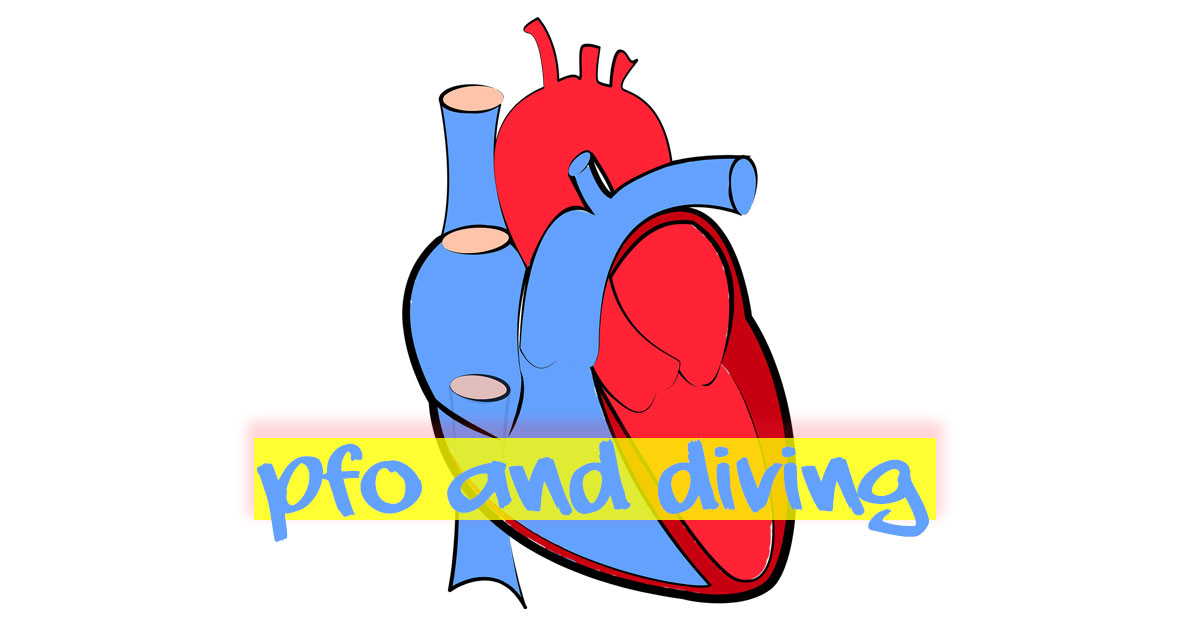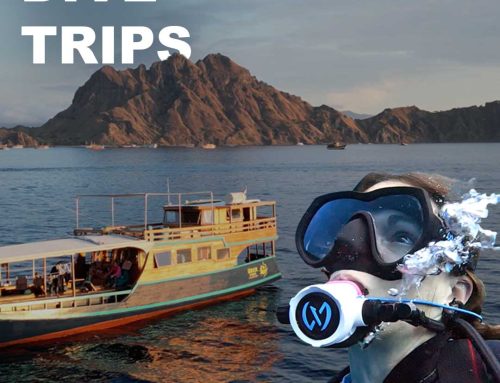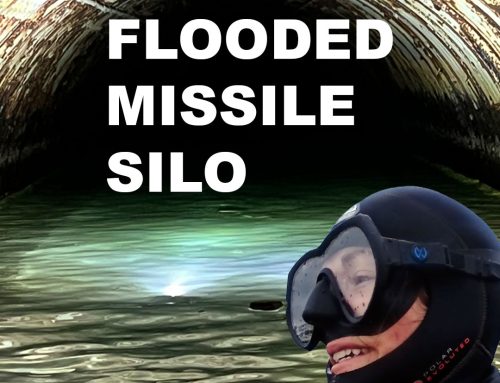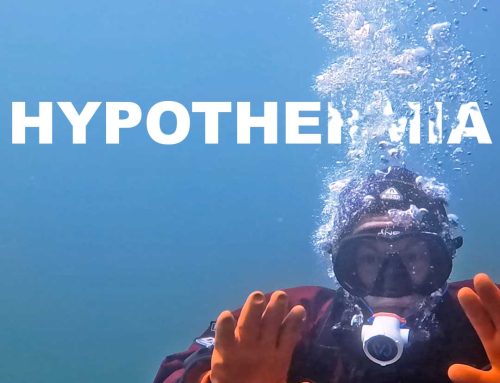If you dive regularly or your work is diving related, surely you have heard strange cases in which a diver has suffered decompression sickness after a simple, shallow, conservative dive. Normally, DCS is not of concern with that kind of dive profile. However, it can happen due to a not-so-well-known medical condition called Patent Foramen Ovale or PFO.
First let’s see what it means to have this medical condition and what happens at the physiological level. After, we’ll explore how PFO can affect the practice of scuba diving.
What is the Patent Foramen Ovale?
PFO is a small hole in the heart. This hole is an anomaly that connects the right and left atria and is more common than you think. Up to 25% of the adult population suffers from it. In some cases, this hole allows a continuous flow of blood from the right to the left chambers (referred to as a shunt). This happens when the pressure is higher in the right atrium than in the left. Some external efforts can cause “shunts”, such as weight lifting as well as a vansalva maneuver (equalizing technique), in the case of diving. These provoked “Shunts” have been observed in up to 15% of individuals.
Check out the statistics among divers
According to the latest studies, decompression sickness (DCI) affects 2 to 4 recreational divers every 10,000 dives, in the specific case of a neurological DCI the proportion is less than 1 in 10,000 dives. When we talk about people with patent foramen ovale, this statistic in the case of a neurological DCI increases up to 4 times.
Which is the most dangerous and why
For divers, an Oval Foramen with flow from right to left is the most dangerous. Due to the accumulation of dissolved gas in our body, venous gas embolism is formed and these can cause a Paradoxical Embolism when passing from a systematic vein to a systematic artery, thus reaching the brain and causing a stroke.
If the elimination of the gas was carried out in a normal way, these venous gas embolisms would be eliminated by the release and exchange of gases in the lungs. There should not be these VGEs in the arteries since the veins drag them to the alveolar capillaries to be eliminated. A PFO from right to left produces a bypass in the VGE elimination process, allowing them to reach the systemic arteries.
How can we reduce the risk?
To reduce the risk of suffering from decompression sickness while suffering from PFO, you have mainly four options:
- The most conservative but not a favorite for ocean lovers is to stop diving.
- More conservative dives, less deep and leaving more surface interval time between them: more than 1 hour.
- More conservative dives and use Enriched Air Nitrox for all your dives but with your 21% Air profile computer. With this, you will be able to drastically reduce the absorption of nitrogen in two ways:
- enriched air = less breathed nitrogen
- NDL more conservative when using air profile on your computer
- The last option is to close the FOP with surgery, although the recovery time before diving again is about three months.
Some extra things you can and should do during diving days are to stay well hydrated, not stay in the sun for a long time on hot days, avoid drinking alcohol and do not exercise heavily after diving. These tips will help you reduce the risk of decompression sickness.
Even so, it’s important to remember that there are risks of decompression sickness when diving so be cautious and dive within the limits of your training.
Note: The guidelines recommended for divers who have suffered more than one episode of decompression sickness with cerebral, spinal, vestibulocochlear or cutaneous manifestations should be investigated by professionals to detect if they suffer from PFO.
Aitor Diaz
PADI Course Director #285713
Azul Unlimited
We teach responsible scuba divers and ocean protectors. The brand is run by PADI IDC Staff Instructor Sarah Valdez who teaches scuba diving in person and on YouTube. Now she travels around the states and Mexico in her van scuba diving in new and different places. Follow her adventures on YouTube, Instagram, Facebook, and TikTok or join the Azul scuba community on Patreon.
Azul Unlimited is partnered with Azul Komodo, a top PADI IDC Center in Labuan Bajo, Indonesia offering daily dive trips to the Komodo National Park. Contact their team directly for an unforgettable experience diving in one of the top dive destinations in the world!
Scuba adventures on YouTube!
Subscribe for silly, educational scuba diving videos–totally free and designed to help all of our students wherever they are in the world. Ask your questions in the comments below each video to get direct answers from the Azul team.









